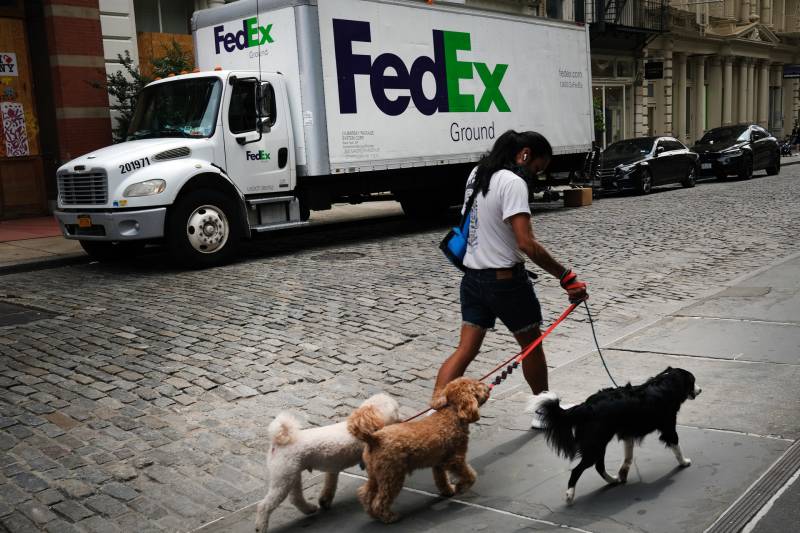Large companies doing business in California would have to inventory their carbon emissions and set science-based targets for cutting them, under legislation introduced at the state capitol Wednesday.
“If you want to do business in California, the public has a right to know what your carbon footprint is,” says state Sen. Scott Wiener, a San Francisco Democrat. “Climate change is an existential threat for our world, and we are nearing a tipping point where we’re not going to be able to pull back.”
The Climate Corporate Accountability Act, or SB 260, would apply to all companies making more than a billion dollars a year and doing business in California, regardless of where the company has headquarters. It would require these businesses to disclose a thorough inventory of their carbon emissions each year. That kind of deep accounting would include:
- Direct emissions, such as burning fossil fuels at a refinery, or emissions from trucks and planes at a freight company;
- Indirect emissions, caused by, for example, the electricity used to keep lights on in a building; and
- Harder-to-measure secondary emissions, including the carbon footprint of business travel and employee commutes, and emissions produced in the company’s supply chain.
If the legislation passes, the California Air Resources Board would develop accounting rules giving major corporations three years to be transparent about their climate impacts, and one more year to take action. Companies would then report their carbon inventories annually.
Wiener says detailed climate emissions data could enable regulators to enforce limits for ozone, particulate matter, and cancer-causing air pollution.

